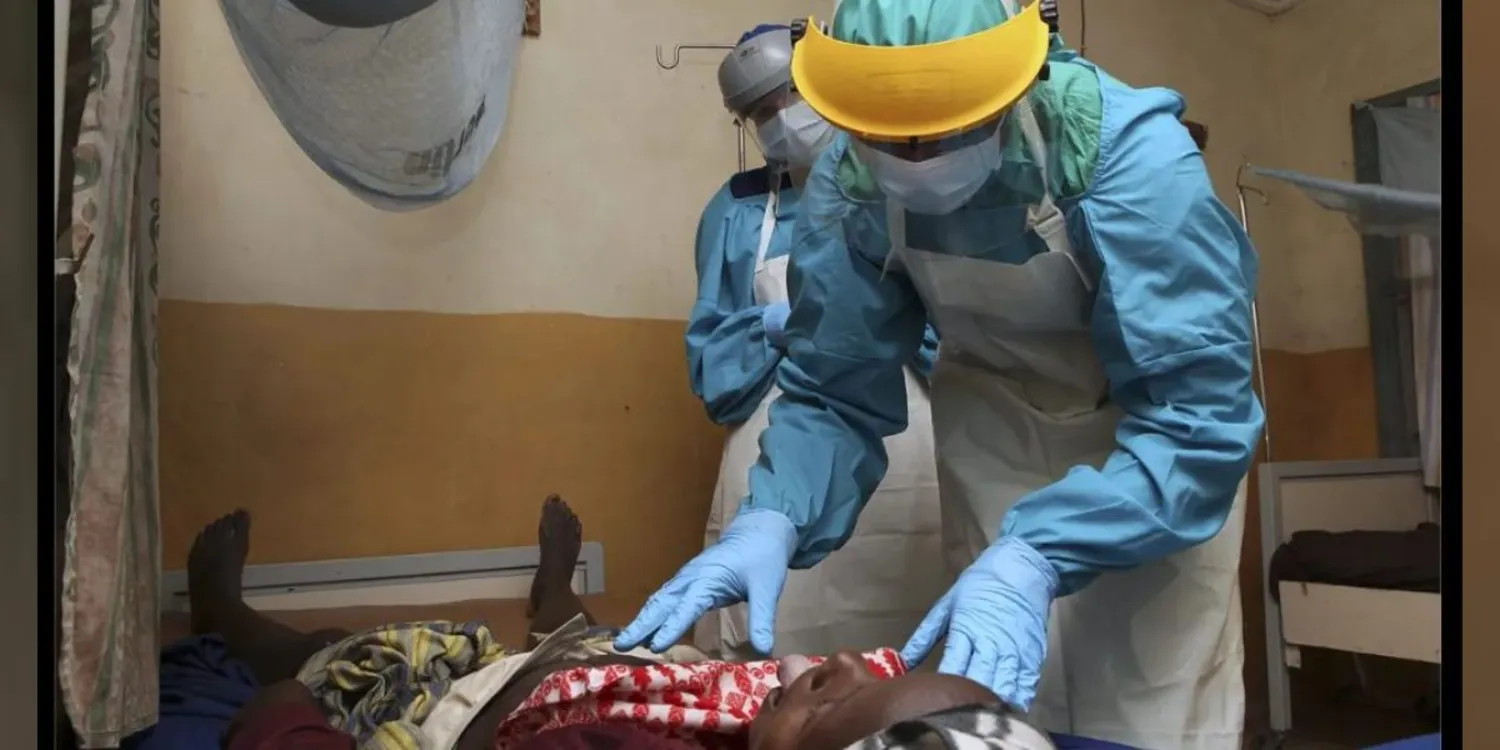Ward closed in Kaduna Military Hospital via Hemorrhagic deaths
Kaduna Military Hospital has closed its emergency ward due to several deaths because of a suspected outbreak of viral hemorrhagic fever. It came when three workers and a patient died in the emergency ward of the 44 Army Reference Hospital in Kaduna.
As a result, the administrators of Kaduna Military Hospital have closed the emergency ward. They have also collected potential samples from the deceased and transported them to (NCDC). The Nigeria Centre for Disease Control (NCDC) laboratory in Kano will analyze these samples.
The Corps Commander, Medical, Brigadier General S.O. Okoigi, announced this development in a statement on Feb 22, 2024. He stated that The Accident and Emergency Department of 44 Nigerian Army Reference Hospital, Kaduna, has lost people. It included three members of staff and a patient suspected of having died from severe viral hemorrhagic fever.
They died after the treatment of a patient with a fever sickness. They were supposed to be the patient of hemorrhagic fever ten days before. Okoigi noted that the most prevalent symptoms in those infected included fever and non-specific symptoms similar to Malaria. Abnormal liver function, severe kidney failure, encephalopathy, microangiopathy, and increased D-Dimer are also among the symptoms.
Okoigi stated that they contacted the Kaduna state epidemiologist to help determine the origin of the intense fever to limit the spread of the disease.
This is in addition to intensive disease infection prevention. They have also ordered control procedures, including Ribavirin injection. It is an antiviral drug for treating other suspected cases of viral hemorrhagic fever.
Okoigi also said they instructed hospital administration to stop admitting new cases from the general public temporarily. They will not admit new cases until viral infection has been dealt with.
According to him, the high risk of spreading hemorrhagic fever among healthcare personnel highlights the need to improve IPC (Infection prevention and control) standards throughout all Nigerian Army health institutions.
Read More:
- Kenyans demand govt to free Shad Khalif & Boniface Mwangi after arrest
- Hamas leader died in Israeli custody, allegedly tortured & starved to death
- Indian man committed crime to prove himself alive after declared dead
- Israeli PM faced boycott from nearly half of Democrats during his address
- Delhi court summoned Dhruv Rathee in defamation case by BJP
- Ethiopia landslides in Gofa killed 229 people
Share this content:









Post Comment